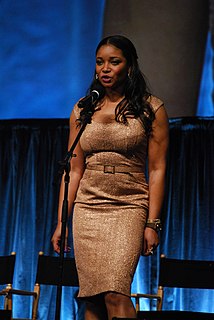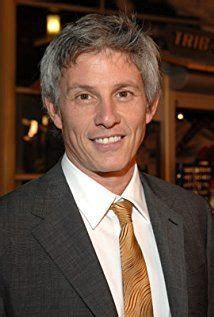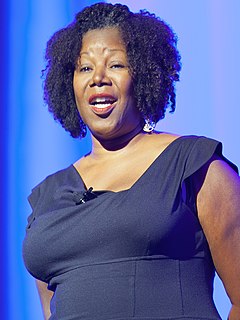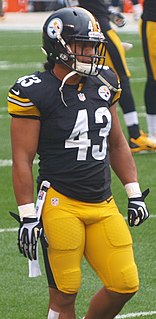A Quote by Megan Chance
It felt like an oversight to me, something that needed to be corrected. They [women who hid Jewish children] deserved to be understood and remembered.
Related Quotes
There were others, women with stories that were told in a quieter voice: women who hid Jewish children in their homes, putting themselves directly in harm's way to save others. Too many of them paid a terrible, unimaginable price for their heroism. And like so many women in wartime, they were largely forgotten after the war's end.There were no parades for them, very few medals, and almost no mention in the history books.
Women well understood how to restrict birth through timing of sexual intercourse, herbs and abortifacients. I suspect the focus on men's control of women as the means of reproduction came later, in the last five percent or so of human history, with the idea of children as property and labor. One needed to have as many as possible, never mind about women's health or mobility or brainpower. Women's freedom was restricted in order to make sure of the paternity and ownership of children.
Looking at him like that, I felt like I needed something from him, or somebody, and that probably meant that he also needed something from me, or somebody, but the revelation was like looking at spots on a slide. Knowing that it meant something to somebody wasn't the same as it meaning something to you.
Their leaving made me melancholy, though I also felt something like relief when they disappeared into the dark trees. I hadn't needed to get anything from my pack; I'd only wanted to be alone. Alone had always felt like an actual place to me, as if it weren't a state of being, but rather a room where I could retreat to be who I really was.
Ideas about mothers have swung historically with the roles of women. When women were needed to work the fields or shops, experts claimed that children didn't need them much. Mothers, who might be too soft and sentimental, could even be bad for children's character development. But when men left home during the Industrial Revolution to work elsewhere, women were "needed" at home. The cult of domesticity and motherhood became a virtue that kept women in their place.


































